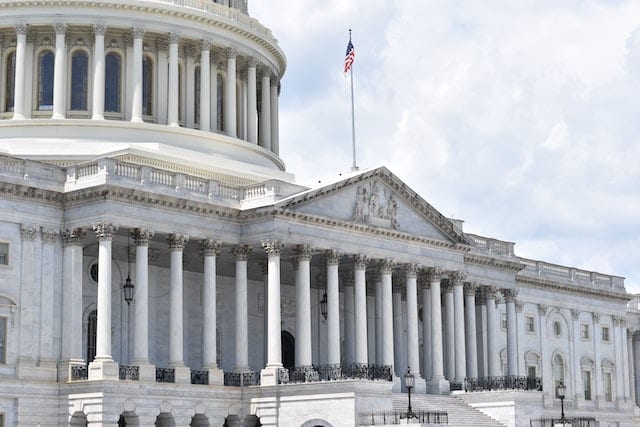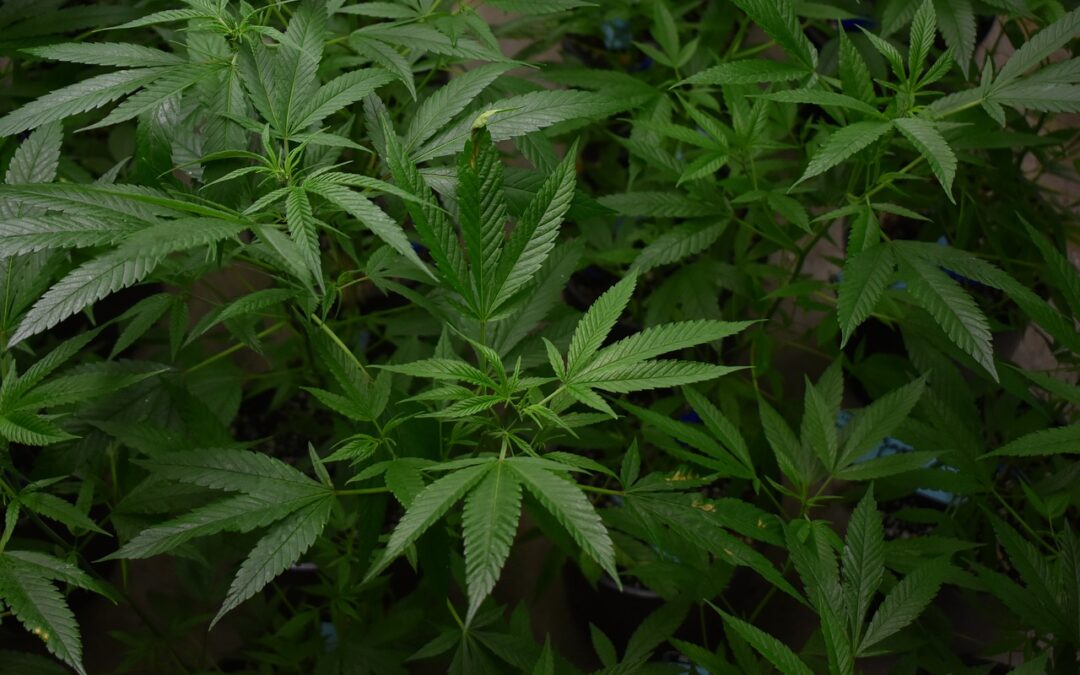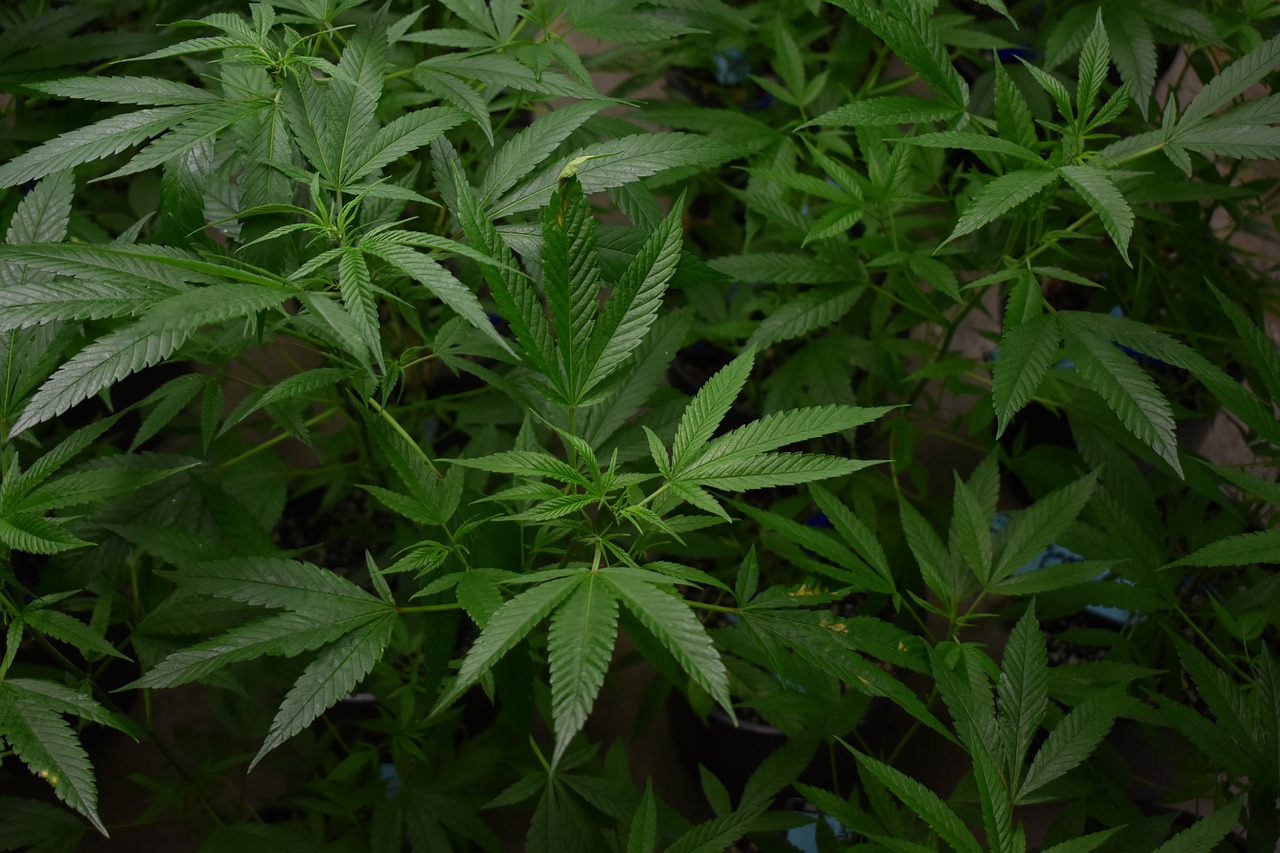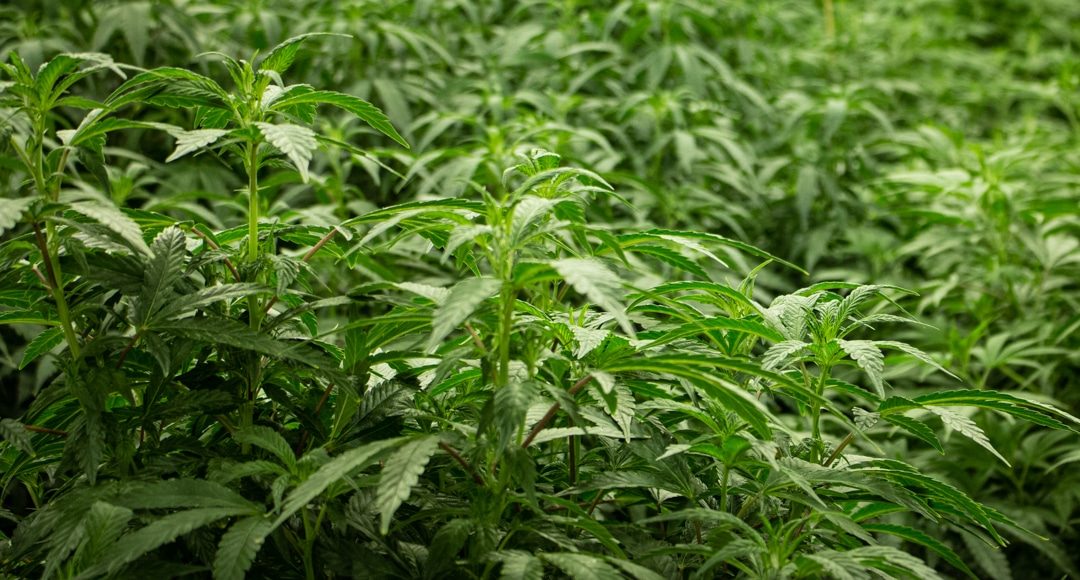
First Standalone Cannabis Bill Headed to Biden’s Desk

The bill’s passing is the first time a standalone cannabis bill has been passed through Congress.
Under the bill should it pass, researchers would be able to obtain cannabis samples from sources besides the University of Mississippi. The university is currently the only federally approved source for cannabis specifically for research purposes.
Cannabis itself is not fully legal medically or recreationally in Mississippi, with CBD usage permitted for medical purposes. Recreational cannabis possession still carries civil penalties including fines and potential jail time.
Additionally the bill would require the Drug Enforcement Agency (DEA) to assess the availability of cannabis for research and allow doctors to discuss the potential benefits and risks of medical cannabis with patients. The Department of Health and Human Services (DHHS) will also be required to study the benefits and harms of cannabis.
The passing of this bill could be seen as convenient timing following President Biden’s recent announcement of expunging and releasing roughly 6,500 individuals in federal prison for cannabis possession. In that same announcement, Biden encouraged the DHHS to review the current scheduling of cannabis for potential adjustment.
As it stands, cannabis is listed as a Schedule 1 substance under federal law which means it has no accepted medical value, is at high risk of causing addiction, and is on par with other substances like heroin, bath salts and MDMA.
Should Biden sign the bill into the law, which seems likely, it would become even easier for the DHHS to review the potential benefits of cannabis which can influence their decision to reschedule or even de-schedule the plant altogether.












